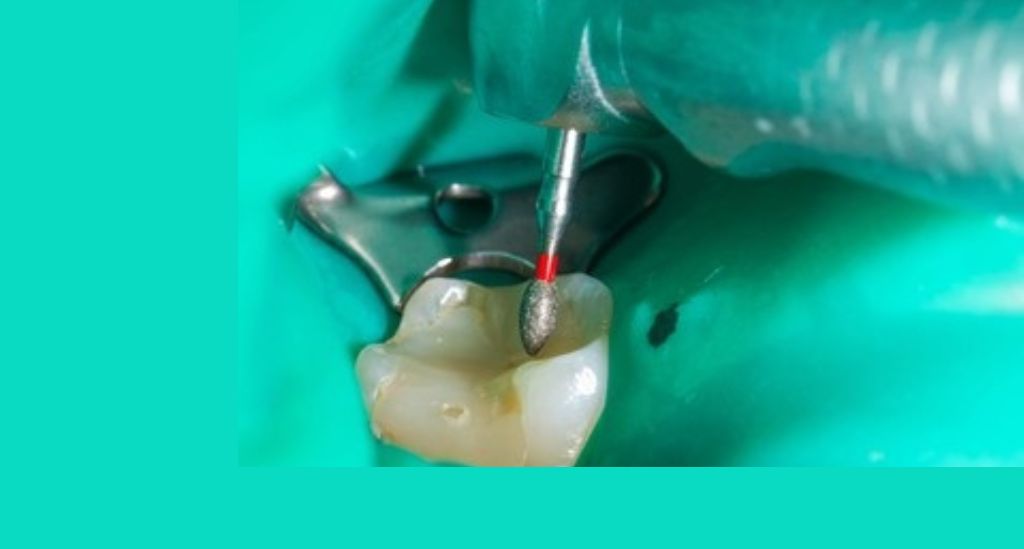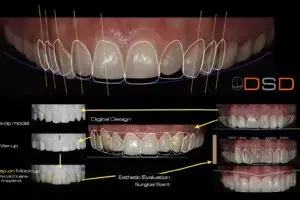A root canal is a dental procedure aimed at treating a tooth that has a damaged or infected pulp – the innermost part of the tooth where nerves and blood vessels reside. This damage or infection can arise from severe decay, repeated dental procedures on the tooth, or a crack or chip in the tooth.
The durability of root canals is a topic of interest not only to those undergoing the procedure but also for anyone curious about dental health. In this blog, we will delve into the lifespan of root canal treatments, exploring factors that influence their longevity and how you can ensure your treatment lasts as long as possible.
Want to Maximise the Lifespan of Your Root Canal Treatment?
Schedule a consultation with our experienced dentist. Maximise your root canal treatment and ensure a healthy, long-lasting smile.
Book Consultation NowThe Expected Longevity of a Root Canal
While the success rate for root canals is high, the exact lifespan can vary. Studies have shown:
Studies and clinical observations suggest that root canal treatments can last a lifetime with proper care. However, the average lifespan is generally around 10 to 15 years. It’s important to note that this can vary widely depending on the factors mentioned above. For instance, a well-executed root canal on a tooth that is properly cared for and checked regularly by a dentist can last much longer than the average.
Average
- 98% of root canals last at least one year.
- 92% remain functional after five years.
- 86% survive for over ten years.
This means most treated teeth will last for a decade or more, with proper care. However, several factors can affect longevity, including:
- Skill of the dentist: Endodontists, specializing in root canals, often achieve higher success rates.
- Number of canals treated: Molars with multiple canals pose a greater challenge, potentially impacting lifespan.
- Presence of a crown: A dental crown protects the treated tooth, further increasing its lifespan.
- Oral hygiene: Excellent oral hygiene and regular dental checkups are crucial for preventing re-infection.
- Underlying health conditions: Certain medical conditions can compromise the immune system, affecting the success of the procedure.
Signs of Root Canal Failure

Despite the high success rate of root canal treatments, they can fail. Signs of a failing root canal include:
- Pain or discomfort in the treated tooth.
- Swelling or tenderness in the gums around the tooth.
- A recurring pimple (sinus tract) on the gums.
Maximizing the Lifespan of Your Root Canal

Here are some tips to ensure your root canal lasts as long as possible:
- Follow your dentist’s post-treatment instructions: This may include pain medication, avoiding certain foods, and maintaining good oral hygiene.
- Get regular checkups: Regular dental exams and cleanings allow early detection of any potential problems.
- Maintain good oral hygiene: Brush twice daily, floss regularly, and use mouthwash to keep your mouth clean and free from bacteria.
- Protect your treated tooth: Wear a mouth guard during contact sports or activities that could damage your teeth.
- Address any concerns promptly: If you experience pain, swelling, or any other unusual symptoms, contact your family dentist immediately.
Additional Factors to Consider
Location: The cost of dental care can vary significantly across Australia, USA and other countries. Consider consulting your local dental association for information on affordable options.
Dental insurance: Depending on your policy, dental insurance may cover part or all of the cost of root canal treatment.
Alternative treatments: Depending on the severity of your case, your dentist may recommend alternative treatments like extraction and implant placement.
Your individual needs: Discuss your specific situation and concerns with your dentist to determine the best course of action for your oral health.
Conclusion
Root canals from dentist in Fairfield are a valuable tool for saving teeth and preserving oral health. With proper care and attention, your treated tooth can last for many years. By understanding the factors that influence its lifespan and taking steps to maximize it, you can ensure a positive long-term outcome for your oral health.


